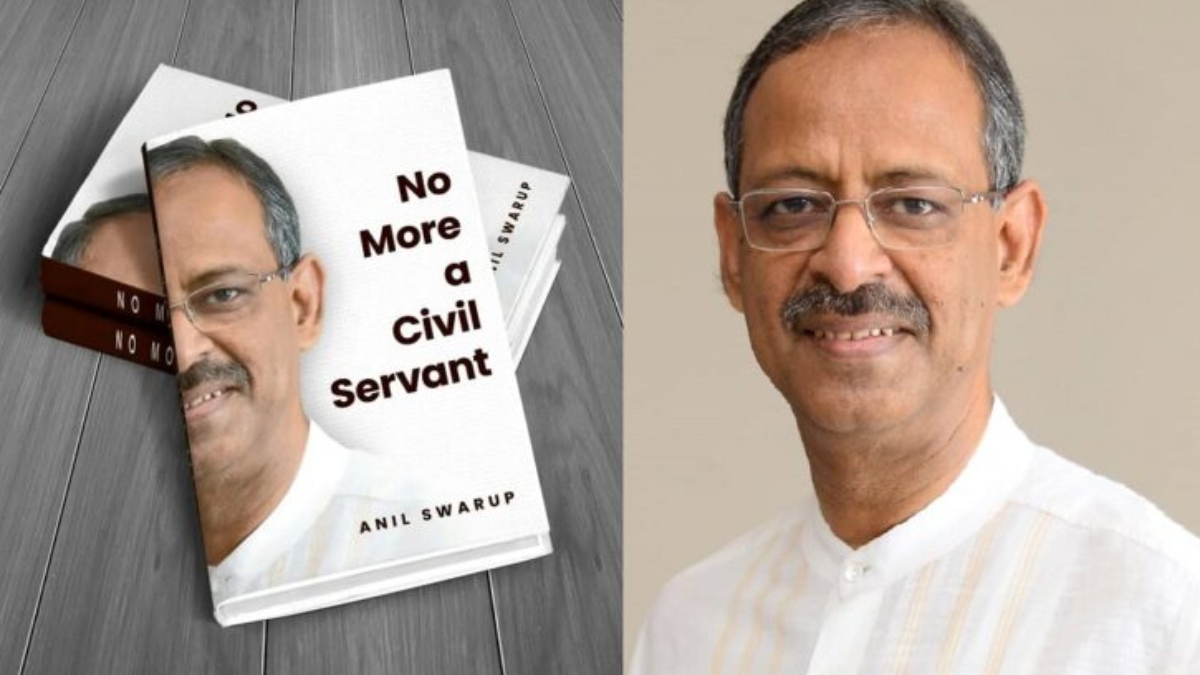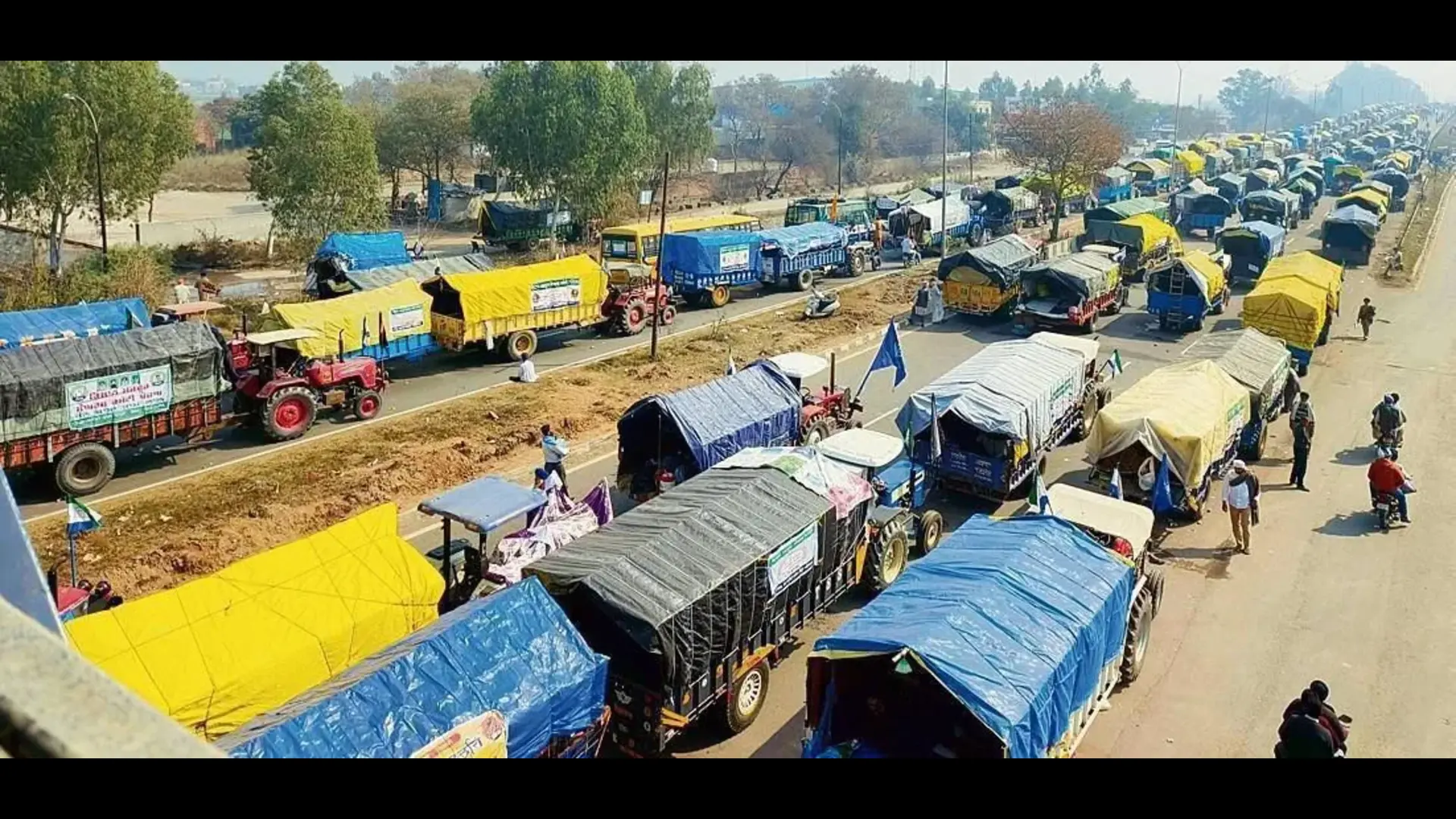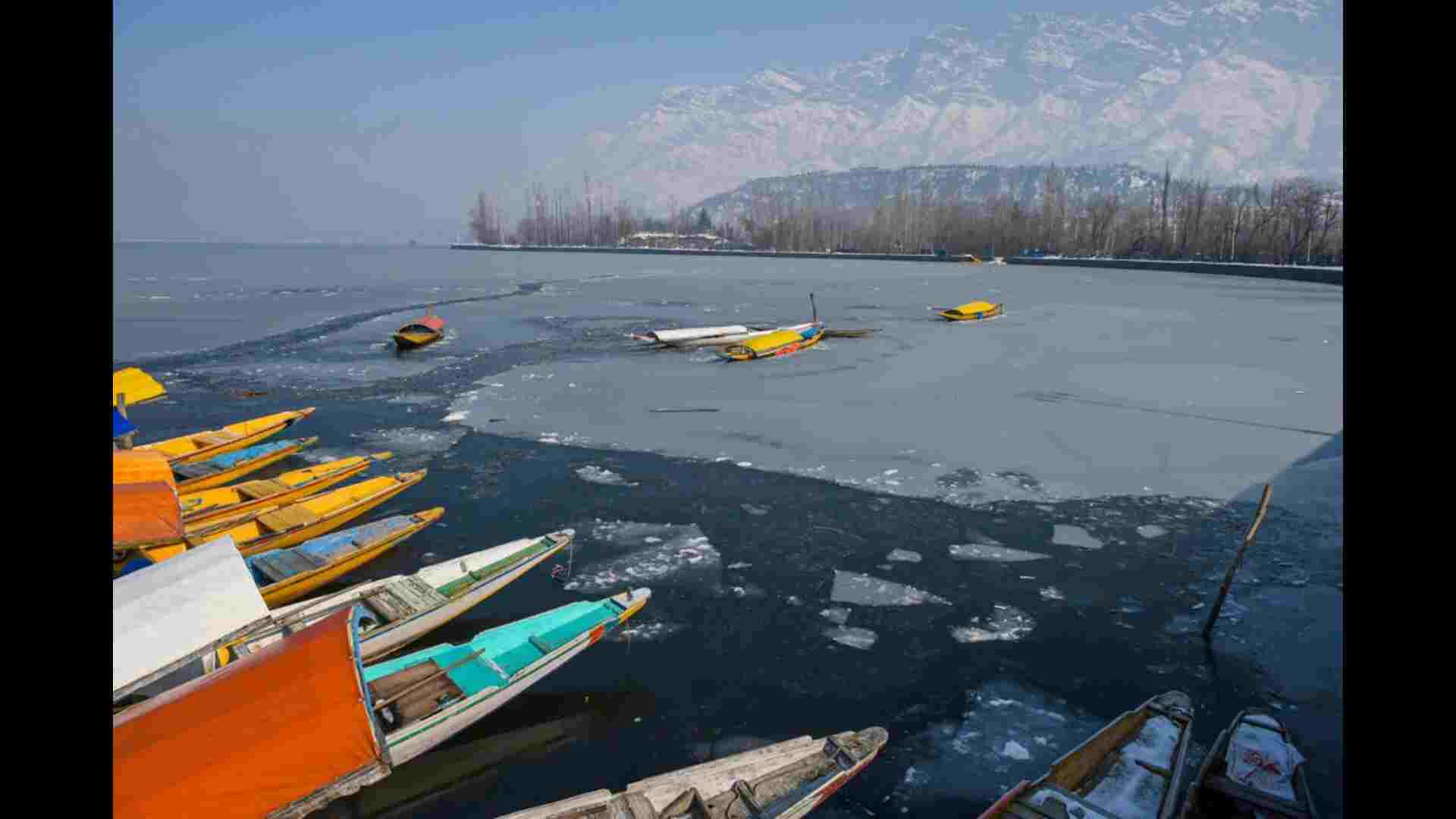As I mention in my book, “Not Just A Civil Servant”, the real coal story wasn’t about the successful coal block auctions. It was about the record increase in coal production. In 2014, there were on an average more than 25 power plants that were declared critical daily for want of coal. This changed dramatically in subsequent years as the coal production rose by 33 million tonnes (which was more than the cumulative increase during the past 4 years) during 2014-15 and further by 44 million tonnes during 2015-16. By 2016, there was not a single power plat critical on account of shortage of coal. We were even toying with the idea of exporting coal to Bangladesh. This increase in production created another set of problems.
There were a select few “privileged” power producers who now wanted to make a “fast buck”. These generating companies had bid for tariff and they were supposed to make arrangement for coal themselves. Coal India Limited (CIL) was obliged to supply coal at the notified price (a price below the market price as this was adjusted in the tariff. The benefit of lower price was not retained by the generation company but passed on to the state-owned distribution companies) only to such power generating companies with whom they had prior agreement. There was no obligation to supply coal at notified price to these “privileged” few. These “privileged” power producers had succeeded in getting a special dispensation for themselves during the UPA regime when there was acute shortage of coal. Ironically the Comptroller and Accountant General who had gone to town with the irregularities relating to coal block auctions chose to remain silent on an equally scandalous dispensation being given to sect set of industrialists.
By 2016 coal production had increased substantially. In almost every meeting convened by the PMO whether relating to coal or otherwise, I was asked why was I not giving linkages to these “privileged” industrialists. Ultimately, I sent a note to the Principal Secretary raising following issues:
Should CIL coal be supplied at notified price to such entities?
Would not the benefits of concessionally priced domestic coal lead to undue gains for them as the Power Purchase Agreements were not signed on the basis of assurance/commitment of notified price coal?
Wouldn’t allotment of linkages to these tantamount to grant of undue favour or preferential treatment when there is no legal or contractual obligation to supply notified price coal to these plants?
Would this not amount to favour to the successful bidders (in PPA bidding) as bid conditions would be changed after the bidding process?
Would not assignment of linkages to such entities that did not bid in coal block auctions or did not win a coal block after bidding amount to gross disfavour to those that participated and won coal blocks in auction?
In subsequent meeting at the PMO when the issue came up for discussion yet again and I referred to the note that I had sent, I was given a dressing down that the PMO doesn’t take decisions. How true it was! Yes, we were told very clearly that PMO should not be mentioned in any decision that is taken by the Ministry/Department. Lessons were learnt from the mistakes of the previous government.
However, I stuck to my guns. And, I was moved from dark dungeons of coal mines to the bright lights of school education. Or, so I thought.
$$$$$$$$$$$$$$$$
My visits to the PMO became few and far between as it was evident that school education was not high on the priority of the Government. The budgetary allocation for school education had kept coming down since 2014-15. It was Rs 55,115 crore for that year and as a percentage of GDP it was 0.52. For the year 2016-17, it came down to Rs 43,554 crore (0.36% of GDP). In one of the rare school education meetings at the PMO when I brought this to the notice of the participants, normally unflappable Mr P K Mishra got very annoyed. He appeared to be convinced that I was not providing the correct figures. There were indeed many occasions when those at the PMO were not prepared to face facts. I wondered how would they then convey facts to the PM.
$$$$$$$$$$$$$$
It happened just three months before superannuation. There were a couple of paper leaks in the examination being conducted by the Central Board od Secondary Education (CBSE). The media was baying for Anita Karwal’s blood. She was Chairperson, CBSE. As she had chosen to set things in order in CBSE, a set of mafias were after her. (The entire story is narrated in “Not Just a Civil Servant”). After ascertaining the details, I was convinced that neither she nor the CBSE was to be faulted. It took some effort to convince the Minister who initially wanted to shift Anita to “diffuse” the crisis. Despite being convinced subsequently, he still wanted to take the PMO into confidence (A culture that had evolved over a period of time). Mr Nripendra Mishra was always available for guidance and this day was no different. Despite the short notice, he gave us time. A meeting was held at the PMO on 30th March. Mr Mishra backed my stand and asked me to go ahead to brief the media later in the afternoon but only after I had received the PM’s clearance through the PMO. I also suggested announcement of the future course of action with regard to the two papers that had leaked. This too was agreed upon. We now had something concrete to tell the media. The economics exam of class 12 was to be re-conducted and the decision on Mathematics paper for class 10 was to be taken subsequently on the basis of an enquiry into the extent and impact of leakage. The logic was simple. The class 10 exam was like an internal exam with virtually no implication on future admissions. Class 12 had much greater implications. (Subsequently, post enquiry, it was discovered that the class 10 paper leak was neither widespread nor did it have any impact on the outcome. Hence, no re-examination was done in this case and around 16 lakh children were saved from the trouble of having to appear again).
The press conference was originally scheduled at 5 pm on 30th March. The entire media was waiting for me but I was eagerly awaiting the clearance from the PMO. With every passing second, the suspense grew as everyone waited with bated breath. The clearance finally came at around 6 pm. This press conference was unarguably the toughest I ever had. Later I noted in my diary, ’The Conference took place in the afternoon in a packed hall. The aggressive posture of the media reflected angst. Fortunately, in the hour-long interaction I kept my cool and handled the questions reasonably well. One could clarify the approach of the government and the purpose seemed to have been served”. It was perhaps much more than that. It was the severest of all tests in my career.
Excerpted from “No More a Civil Servant”
Anil Swarup has served as the head of the Project Monitoring Group, which is currently under the Prime Minister’s Offic. He has also served as Secretary, Ministry of Coal and Secretary, Ministry of School Education.






